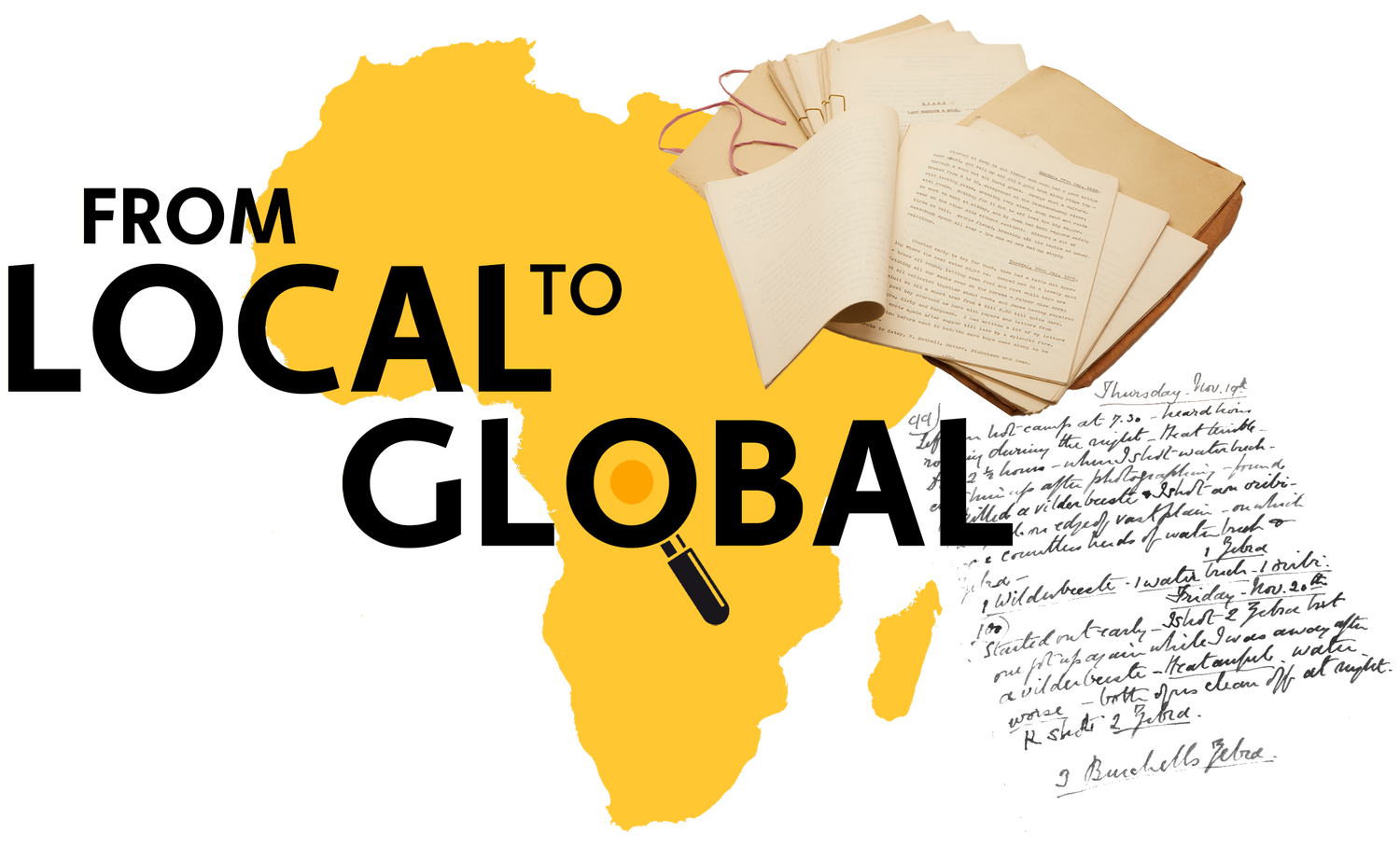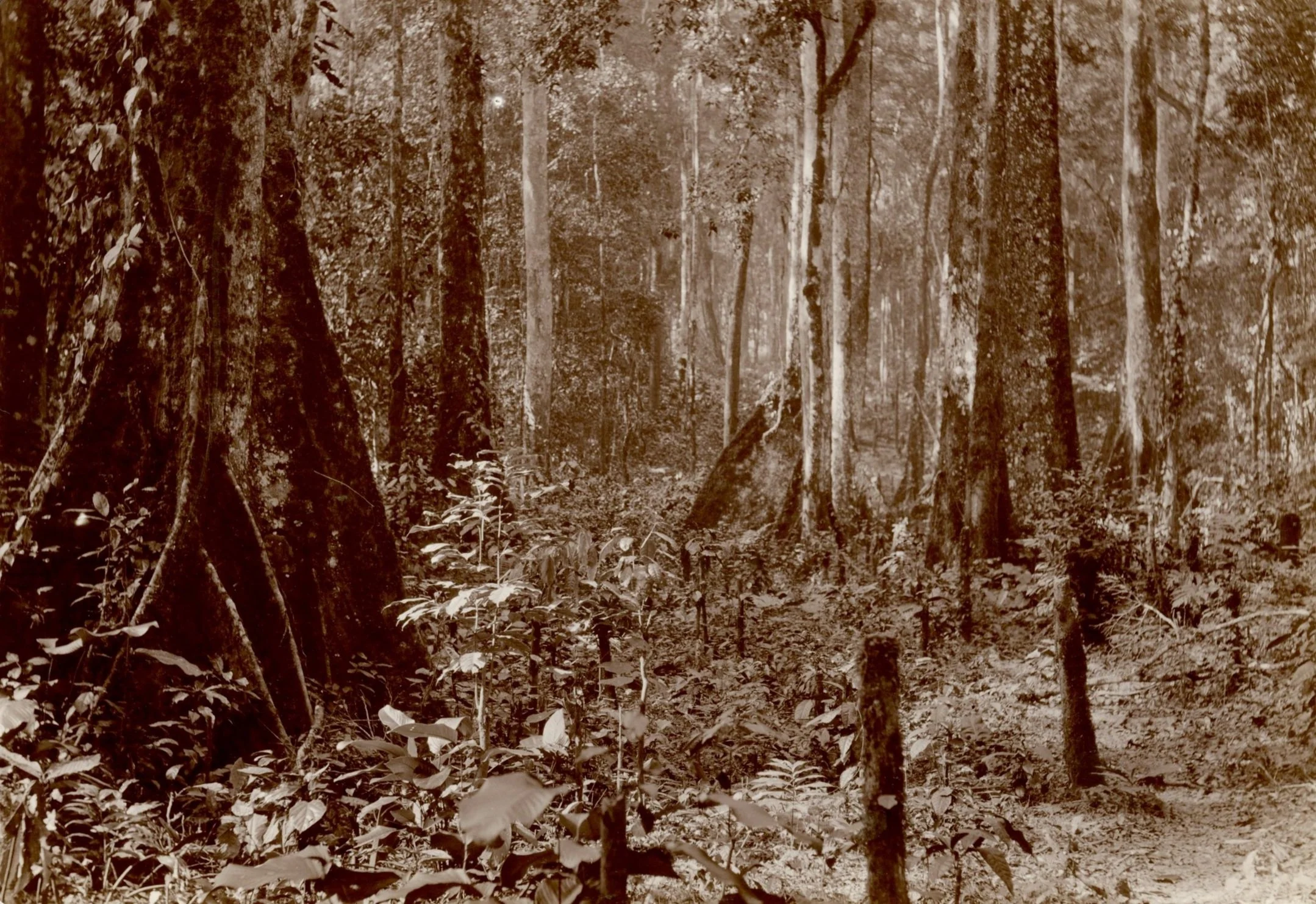Our Approach
From Local to Global : Position Statement
1. Scarborough Museums and Galleries, like other organisations in the UK, has benefitted from colonialism. The donation of the Harrison collection is one example of this. We acknowledge that these benefits have been to the detriment of those people who experienced colonisation.
2. We think the positive legacy of British colonial rule, which has promoted the idea that colonised countries have benefitted from Britain’s governance and ingenuity is incorrect. This view privileges a western worldview above that of indigenous peoples’ and minorities’.
3. Racist attitudes and beliefs, which were shaped by white colonisers, continue to influence wider society and the museum sector today. Harrison is an exemplar of the white, British, upper-class man who typified British colonial attitudes. It has been useful to study him to understand more about how these attitudes were formed. We believe that Harrison’s behaviour was wrong.
3. We are beginning to reappraise our collections to understand the lasting impact of British colonialism and challenge the consequences of that history, to try to reverse the legacy of racism and inequality it produced, and that still exist today.
4. We want to give back some of our power and privilege to those who have been historically excluded, marginalised or misrepresented, not only within Britain but around the world. This includes consciously involving African people and others who lived under British or European colonial rule, or their descendants, in our project.
5. We recognise this is a long-term process and that we make mistakes. We are learning that it takes actions, not just words, to make change.
Having entered this project with certain assumptions about our commitments to being anti-racist, our project allies and supporters have helped us to reflect more about our organisational strengths and weaknesses. As a result we have commissioned an anti-racism audit which will provide us with a starting point and a plan to help us reset.
As an institution with nearly 200 years of ‘colonial baggage’ we recognise these processes take time and we are committed to this process.
On this page you will find a number of reflective pieces, looking at how we have approached the project in terms of developing our understanding, the way in which we have engaged communities, and the significance of language use. As the project develops we will continue to add material to the website. If you are interested in finding out more or would like to get involved please contact us on global@scarboroughmuseumsandgalleries.org.uk



